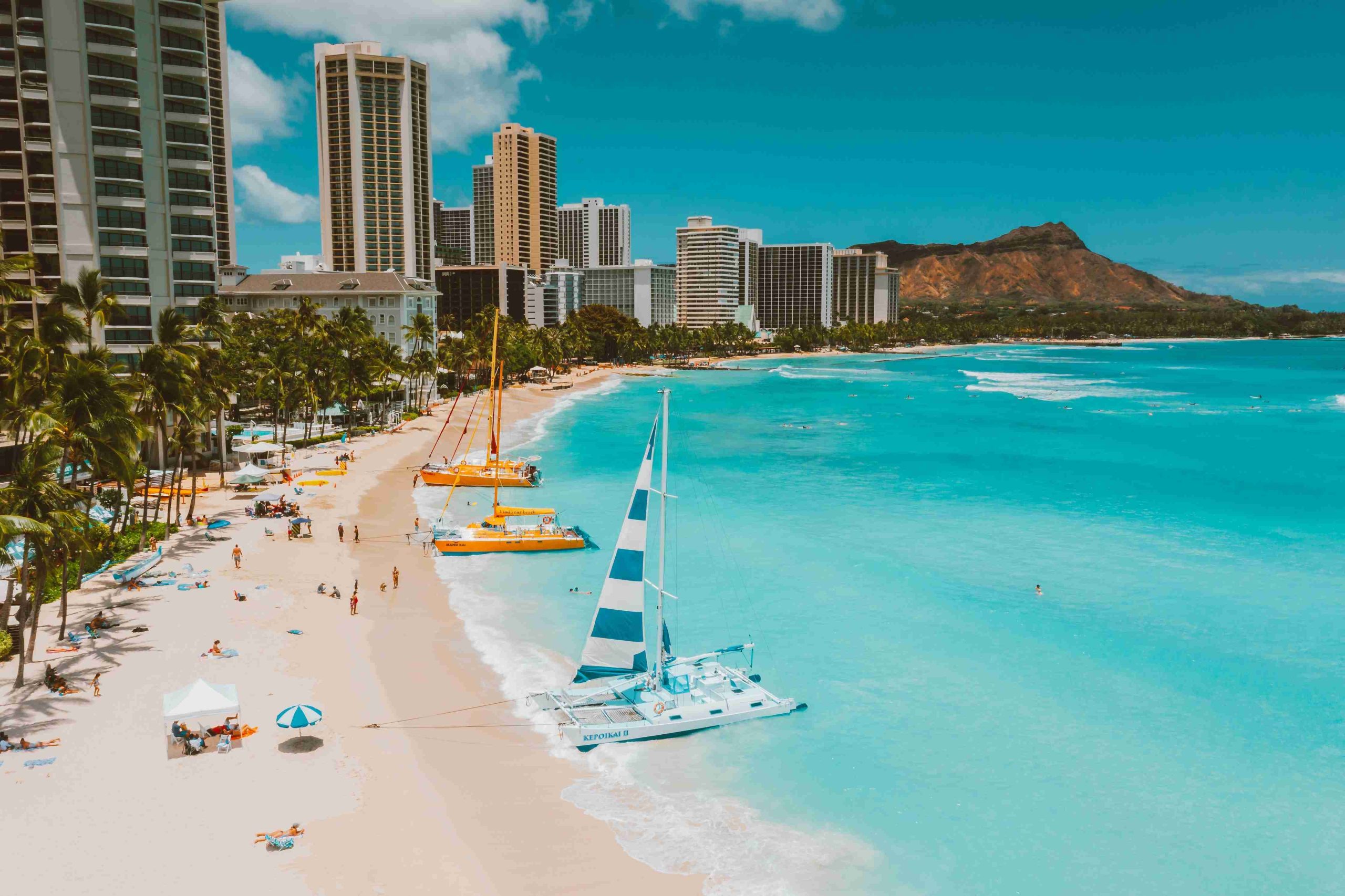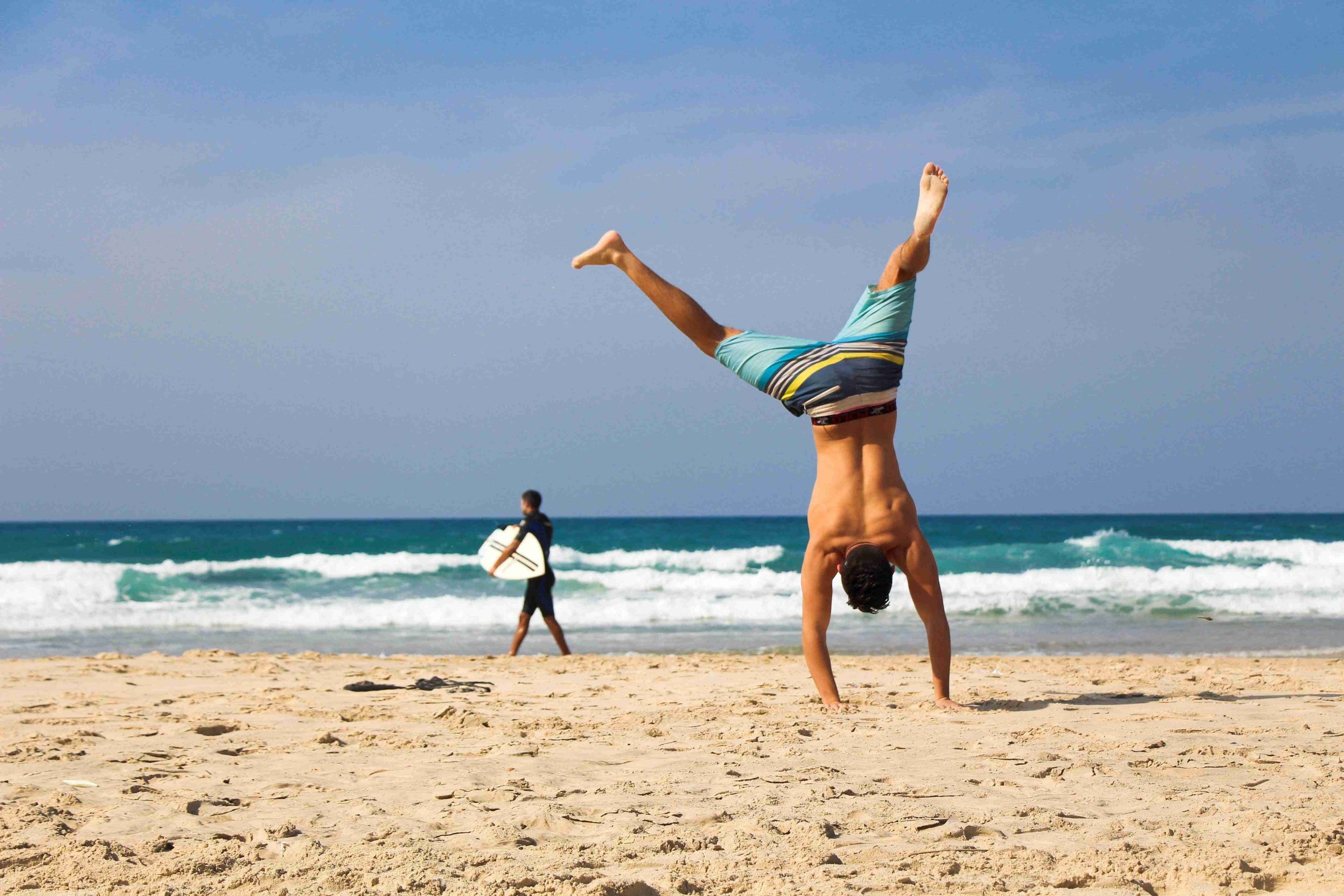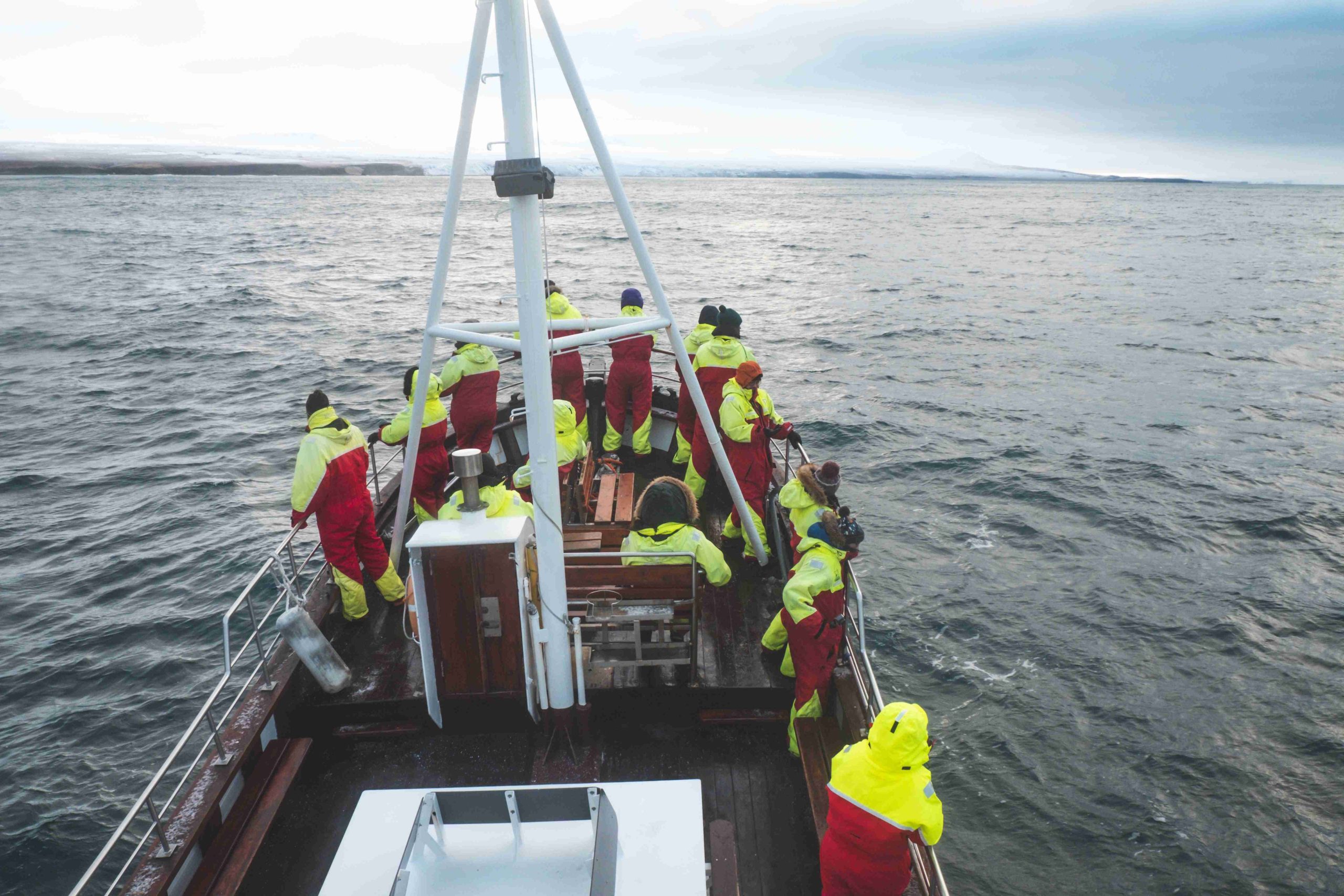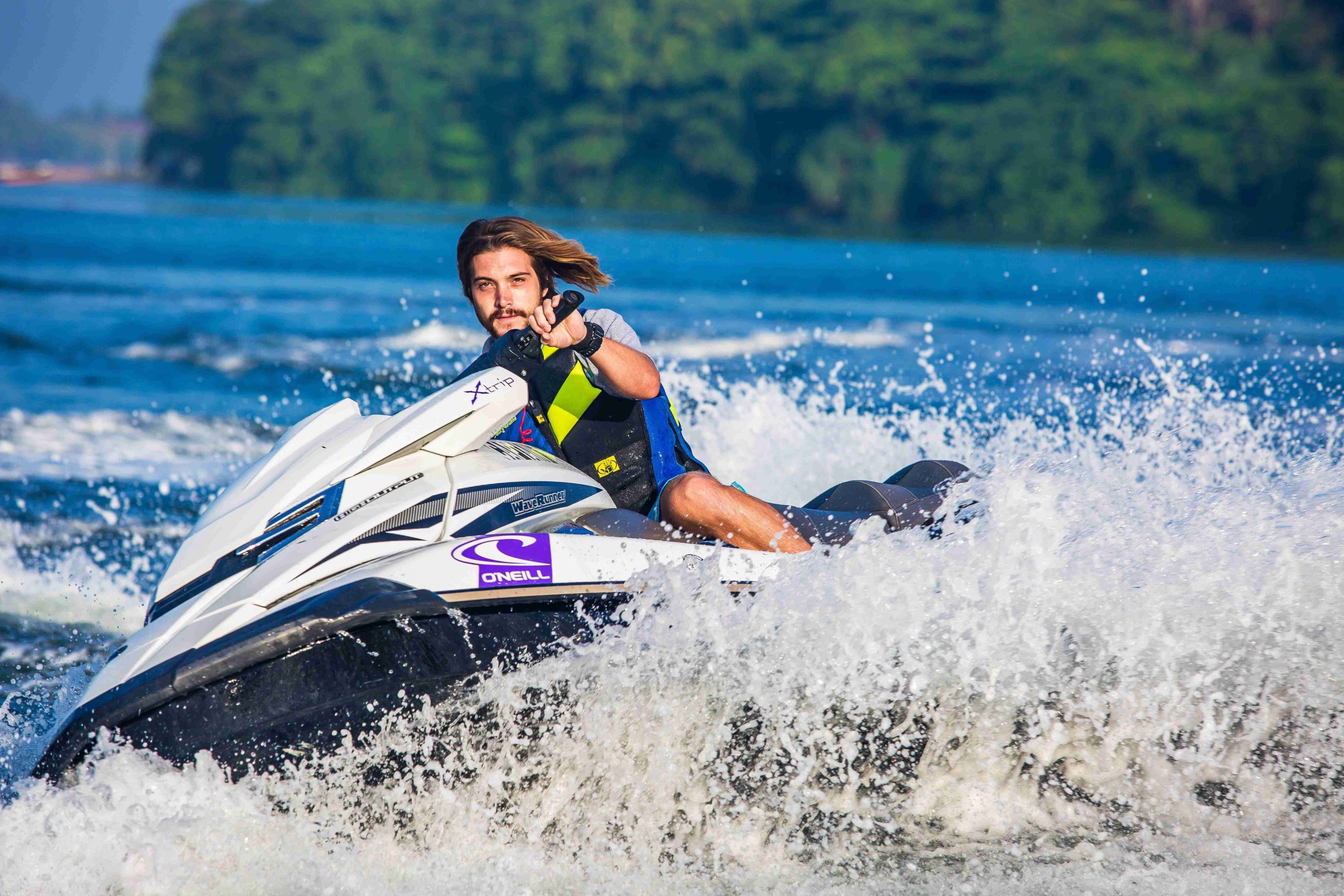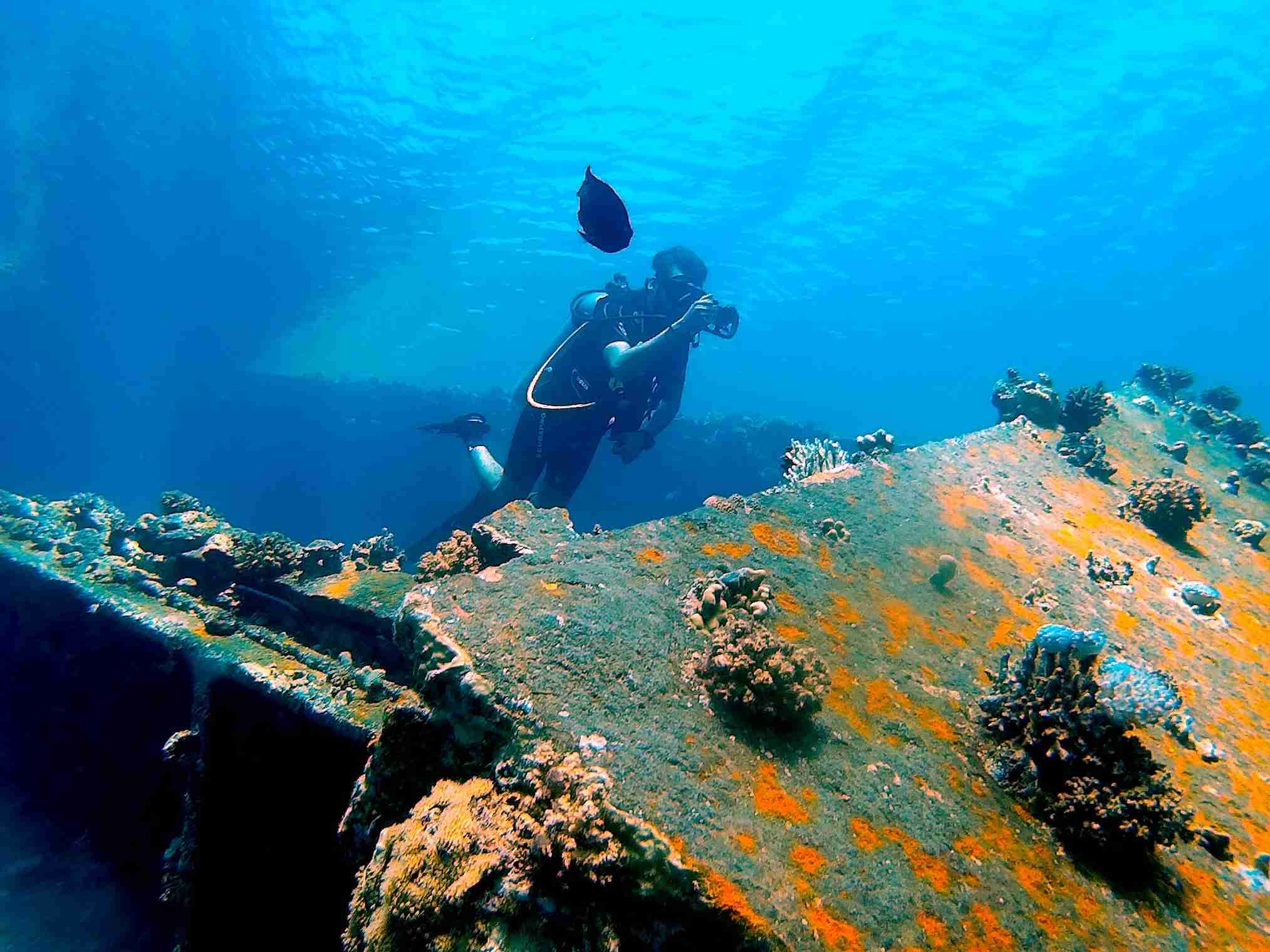
So you’re intrigued by scuba diving but hesitant due to the cost? From gear and training to diving trips and certifications, scuba diving can be complex and pricey. But fear not! This blog post breaks down those costs and gives you the information you need to decide whether this aquatic adventure is right for you.
Introduction
Scuba diving is a thrilling experience that lets you delve into the ocean’s depths and marvel at the wonders of marine life. It demands a considerable investment in time and money, but with careful planning, it can still be an affordable hobby. In this blog, we’ll examine the costs of scuba diving, from obtaining certification to purchasing dive gear. We’ll also offer tips on keeping costs low and alternatives to traditional scuba diving.
Overview of Scuba Diving
Are you ready to embark on a scuba diving adventure? Scuba diving is an exhilarating and fulfilling sport that anyone with proper training and gear can enjoy. It provides a rare opportunity to explore the underwater world and get up close with some of the fascinating creatures on the planet. Whether you’re going to be a beginner or a seasoned diver, it’s crucial to understand the expenses involved in scuba diving to ensure you stay within your budget.
Tips for Keeping the Costs Down
Want to save money on scuba diving? Renting gear instead of buying it is a smart choice. This saves you money in the long run and allows you to try out different equipment and find what works best for you. Participating in group trips or joining a dive club also provides opportunities for discounts. Keep an eye out for special deals, promotions, and discounts dive shops and resorts offer. Finally, consider purchasing second-hand gear or trading with other divers if that’s an option.
Alternatives to Traditional Scuba Diving
Snorkeling is the way to go if you’re looking for a more budget-friendly alternative to scuba diving. It requires much less gear and no certifications or training, making it much more affordable. All you need is a high-quality snorkel and mask, which can be purchased for around $50 or less. Snorkeling is also safer and easier to learn than scuba diving and still offers the chance to observe incredible marine life.
Cost of Getting Certified
One of the first expenses of scuba diving is getting certified. The cost of certification can range from $400 to $600. Remember that advanced training like the Advanced Diver Course will add to the total cost of certification. Utila, Honduras is well-known in the scuba industry for offering certification courses at an affordable price of $299. Once certified, there are other costs associated with scuba diving, such as gear and dive charters. Still, with careful planning and budgeting, scuba diving can remain an enjoyable and affordable activity.
Cost of Introductory Dive
Want to get a taste of scuba diving? An introductory dive is a great starting point. This short dive (typically one tank) provides basic instruction and supervision from a certified instructor. The cost of an introductory dive can vary but typically ranges from $200 to $325 and usually includes the use of all necessary scuba gear, instruction, and taxes and fees. Make sure to do your research and choose a reputable dive shop with certified instructors for a safe and enjoyable experience.
Cost of Open Water Diving Course
The cost of an Open Water dive course depends on the certification agency and dive shop you choose. PADI courses typically cost between $300 to $700, NAUI courses between $300 to $1,000, and SDI courses around $250. Don’t forget to factor in additional costs such as gear rental, boat trips, or travel expenses. Despite the expenses, learning to dive can offer great value compared to other adventure sports.
Exploring the Costs of Scuba Diving Adventures
Dive into the underwater world of scuba diving without having to drain your bank account. Single tank charters, with an average cost of $40-$150, are a cost-effective choice for those seeking a thrilling experience. However, be prepared to venture further to locate a dive site that offers single-tank options and has the necessary certifications and safety gear.
Ready for a challenge? Advanced site charters offer the chance to dive into exotic marine life and test your skills at more demanding dive sites. Prices for these full-day trips vary widely, usually starting around $200-$300 per person. Do your research, read customer reviews, and choose a reputable company for the ultimate experience.
Save on Certification with Referral Dives
For those looking to save on certification costs, referral dives offer an affordable alternative to traditional open-water courses. Certified scuba instructors can certify you in the comfort of your home or local dive center, typically ranging from $100 to $200 per person. Ensure the instructor is experienced and certified, as safety should always be the top priority in scuba diving.
Scuba Gear: The Equipment of Your Dive Experience
Investing in quality scuba gear is essential to enhance your diving experience. A good mask ranges between $80 and $160, while a full gear set can cost anywhere from $1000 to $5000. Opt for quality gear that fits your budget, typically between $200-$300 for most divers. If you’re starting, consider purchasing an inexpensive snorkel, but invest in durable gear for frequent diving.
Additional Diving Gear: Making the Dive Complete
Wet suits and dry suits can greatly range in cost from $50 to over $3000. A set of warm water dive gear costs about $1000. Dive company rental costs for gear may be included in the dive fee or require an additional fee. Don’t forget to calculate the cost of nitrox when planning your budget.
In Summary
Scuba diving may seem expensive, but it can be cost-effective with proper planning compared to other outdoor activities. Budget around $300 for diving certification, $200-$2000 for open water courses, and at least $100 per dive. For those wanting to take their diving to the next level, additional certifications and gear can cost between $500-$1500. Do your research, take advantage of discounts and deals, and scuba diving can be a fulfilling and enjoyable activity without breaking the bank.

